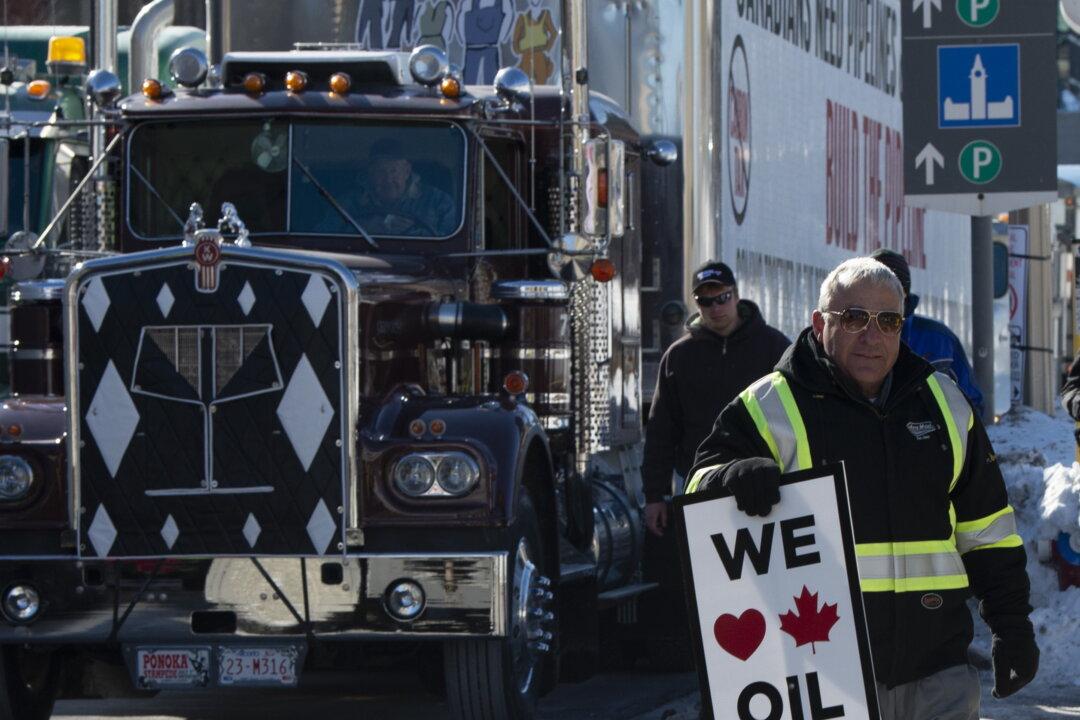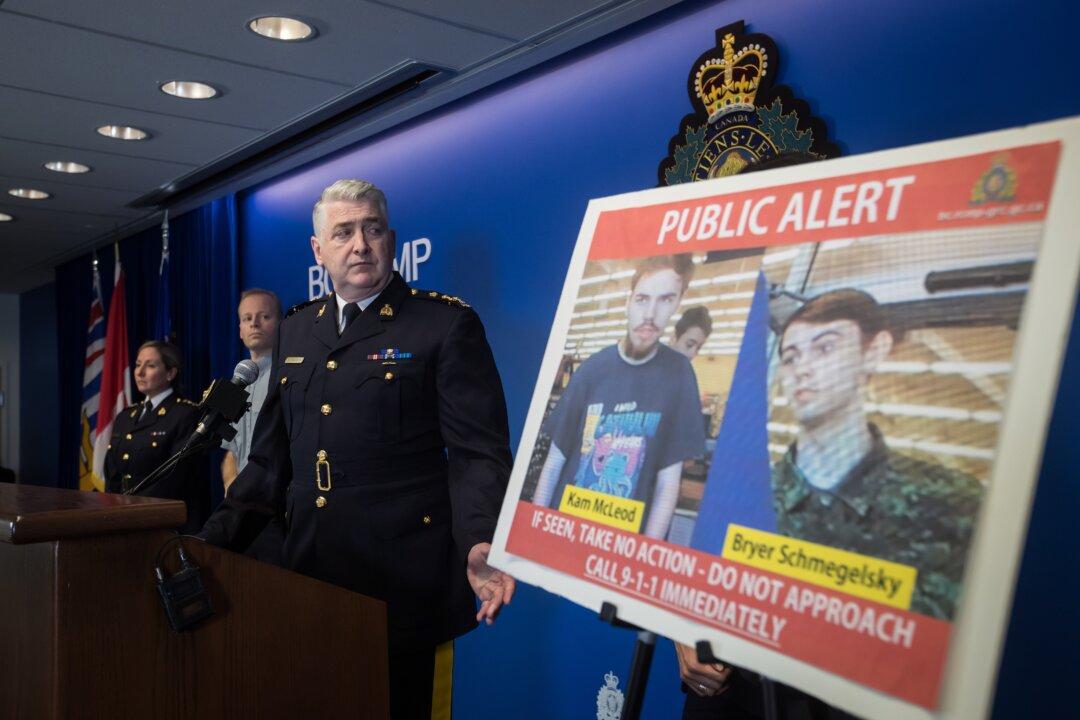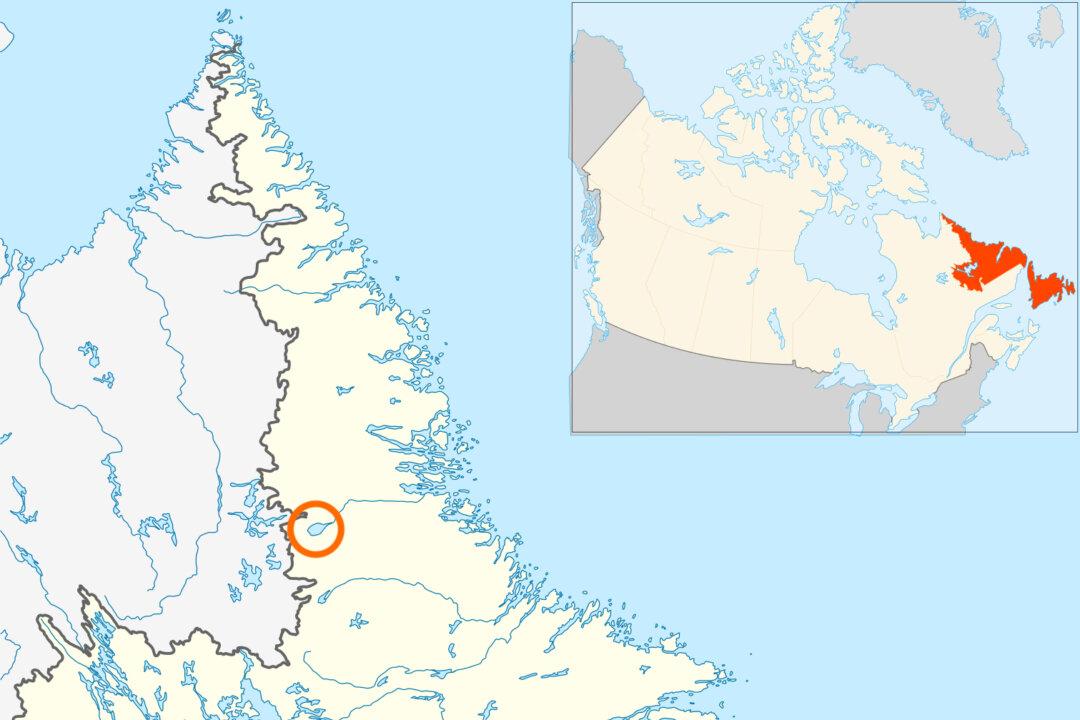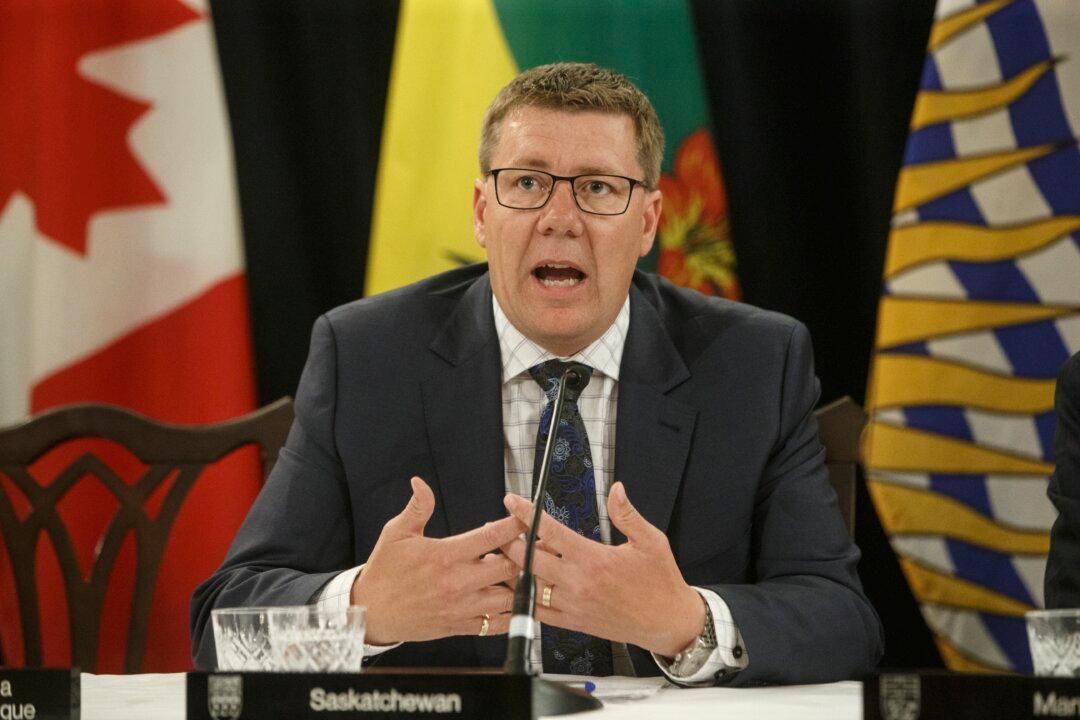A convoy of Canadians fed up with the federal government’s stance on pipelines and the carbon tax rolled into Ottawa on Feb. 19 for two days of protests.
Scores of vehicles—from 18-wheelers to pickups—occupied several blocks in front of Parliament starting on the morning of Feb. 19. They blasted their horns in protest as about 150 people gathered in knee-deep snow on the Hill for speeches by organizers and a handful of Conservative MPs and senators.





